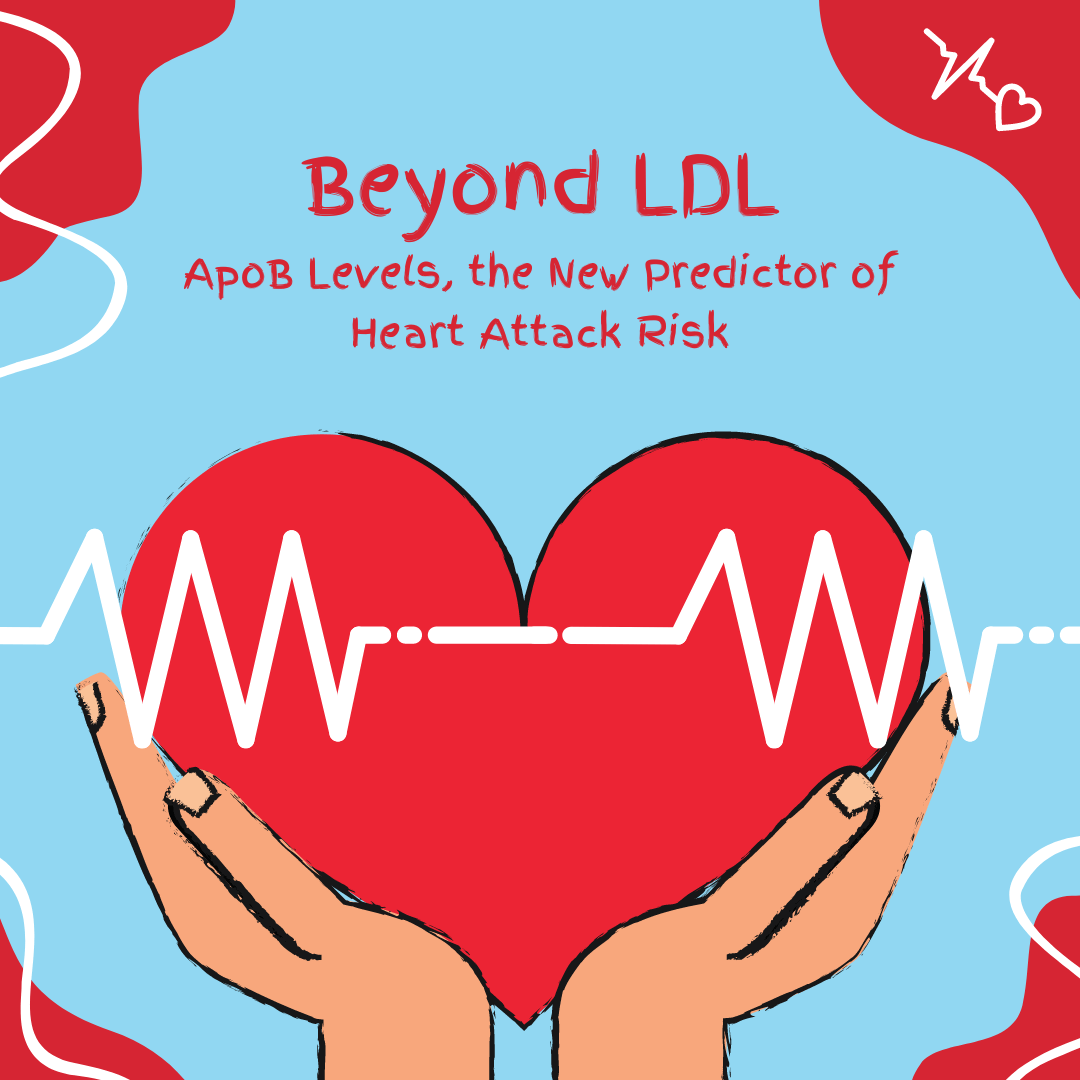
In heart health, the focus is on managing what many call 'bad' cholesterol levels LDL (low density lipoprotein).
However, recent research suggests that the number of LDL and related particles VLDL, better predicts heart attack risks (Marston NA et.al., 2022).
This study used UK Biobank data and two clinical trials, observing over 400,000 people, to examine whether traditional cholesterol measurements matter more than the number of harmful lipoprotein particles, apoB.
They found that regardless of cholesterol levels, the number of apoB particles was the strongest indicator of heart attack risk.
This points towards a need for treatments that lower the apoB particles to prevent heart disease effectively.
To lower the apoB without drugs, a plant based, low glycemic index diet is the most effective.
Check out our Learn to Eat program.
Reference: https://pubmed.ncbi.nlm.nih.gov/34773460/
Marston NA, Giugliano RP, Melloni GEM, Park JG, Morrill V, Blazing MA, Ference B, Stein E, Stroes ES, Braunwald E, Ellinor PT, Lubitz SA, Ruff CT, Sabatine MS. Association of Apolipoprotein B-Containing Lipoproteins and Risk of Myocardial Infarction in Individuals With and Without Atherosclerosis: Distinguishing Between Particle Concentration, Type, and Content. JAMA Cardiol. 2022 Mar 1;7(3):250-256.









